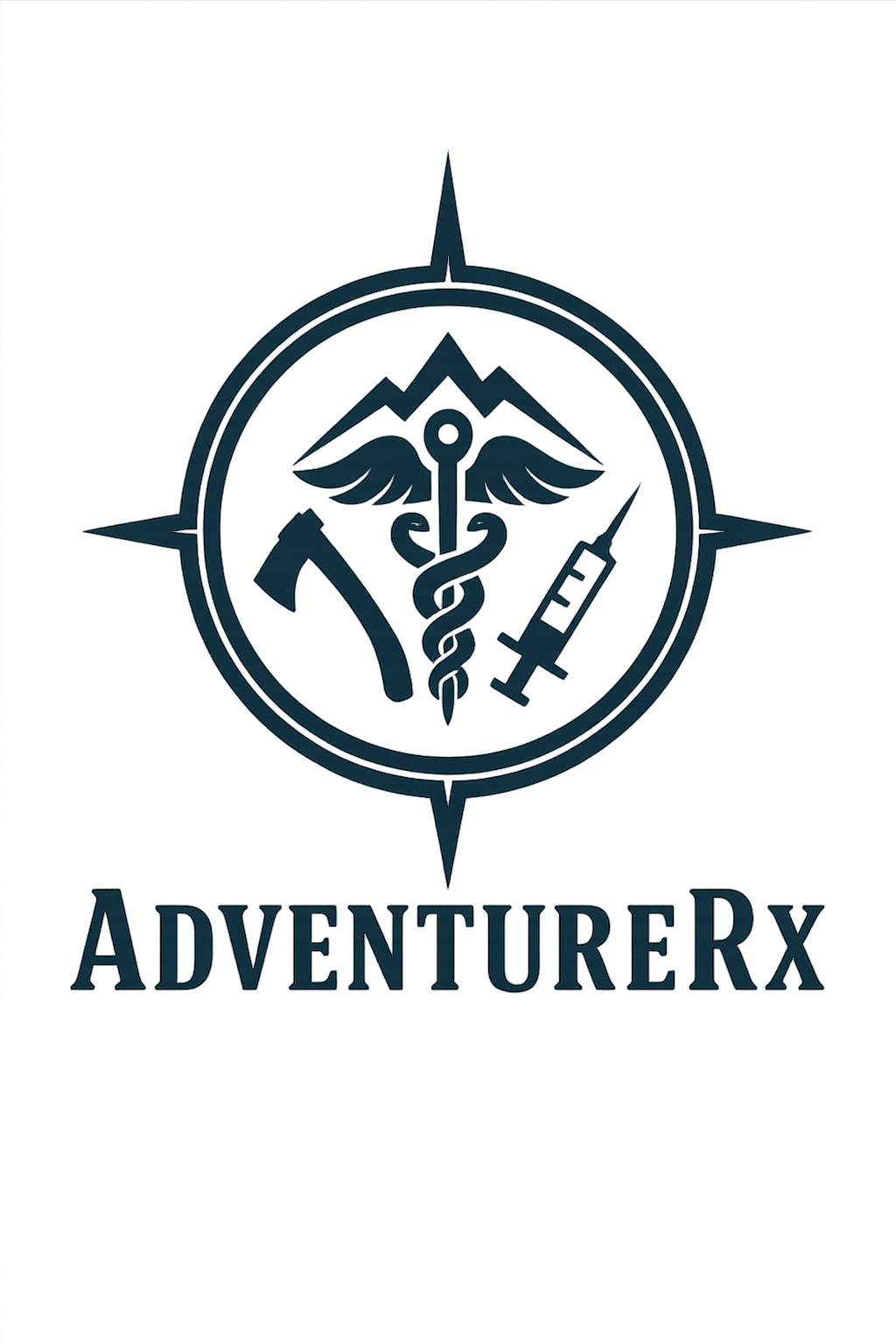Nursing Case Management 101: What You Need to Know
If you’re a nurse exploring new career paths—or you’ve heard about case management but aren’t quite sure what it actually involves—this post is for you. Let’s break down what nurse case managers do, where they work, and why this role is vital to the healthcare system.
What is Nursing Case Management?
Nurse case managers are registered nurses who coordinate care for patients across the healthcare continuum. Their job is to ensure that patients receive the right care, at the right time, in the right setting—while considering medical needs, insurance coverage, psychosocial factors, and long-term goals.
At its core, case management is collaborative, patient-centered care coordination. You’re the advocate, navigator, educator, and problem-solver.
What Does a Nurse Case Manager Actually Do?
A case manager’s tasks can vary depending on the setting, but here are some common responsibilities:
Assessing patient needs, barriers to care, and support systems
Developing individualized care plans
Coordinating services such as home health, rehab, palliative care, or equipment
Educating patients and families on diagnoses, treatment plans, and discharge instructions
Communicating with physicians, insurance companies, and post-acute providers
Managing transitions of care and avoiding readmissions
Supporting patient goals while working within healthcare system constraints
Where Do Nurse Case Managers Work?
Hospitals (inpatient, ED, discharge planning teams)
Insurance companies (utilization review, telephonic CM)
Home health or hospice
Skilled nursing and rehab facilities
Community health or public health programs
Outpatient clinics or Accountable Care Organizations (ACOs)
What Skills Do You Need?
Strong clinical background (usually a few years at the bedside)
Excellent communication and critical thinking
Ability to multitask and stay organized
Familiarity with EMRs, insurance plans, and levels of care
Empathy balanced with strong boundaries
Is Certification Required?
Most employers prefer or require a case management certification after a year or two in the role. Common options include:
CCM (Certified Case Manager)
ACM (Accredited Case Manager)
CMGT-BC (Nursing Case Management Board Certification)
Why Choose Case Management?
For many nurses, case management offers:
A sustainable and meaningful alternative to bedside nursing
The ability to advocate for vulnerable populations
Predictable hours (often no nights or weekends)
A new challenge that still uses your nursing judgment daily
Final Thoughts
Case management is a perfect fit for nurses who want to impact patients beyond the bedside. You’re still healing—but through connection, coordination, and advocacy.
